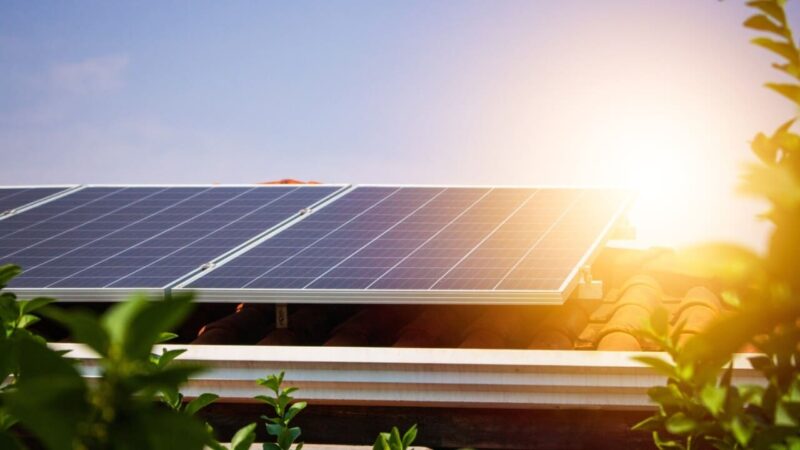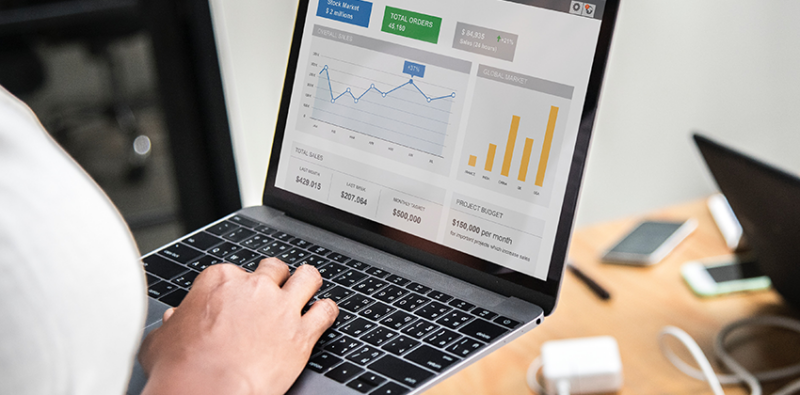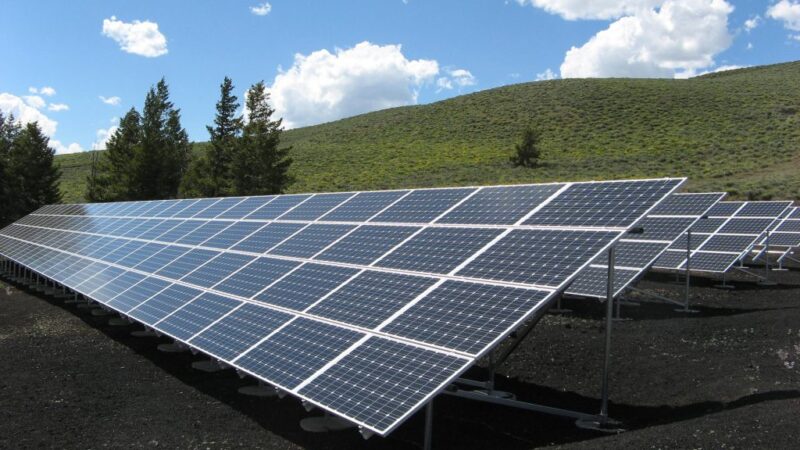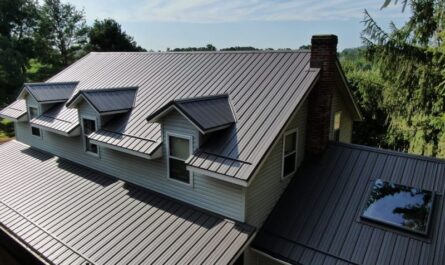The concept of utilizing the sun’s rays to generate electricity dates back over a century, but only recently has residential solar power really caught on. Thanks to advancing technology, plummeting costs, and growing eco-awareness, home solar panels are now surging in popularity worldwide.
So what exactly are the benefits of adding a solar panels system to your roof? According to the folk at Vivint Solar, energy provides homeowners with a clean, renewable source of electricity that also confers financial, societal and even psychological advantages.
Page Contents
How Solar Panels Work

Before delving into the many positives, it helps to first understand what these panels are and how they function. To start with, solar photovoltaic (PV) panels are made from an array of smaller cells that themselves are made of silicon semiconductors.
When sunlight strikes these tiny cells, electrons are knocked loose from their atoms, allowing a flow of electric current. The PV cells are wired together into larger panels that can be mounted on rooftops or other structures.
Multiple panels are linked together to form a solar array sized to a home’s electricity needs. The direct current (DC) generated by the array flows to one or more inverters which convert it into usable alternating current (AC) that integrates with a home’s electrical system.
Any excess energy not immediately used is fed back into the grid and results in credits on utility bills through net metering.
Lowering Electric Bills and Locking in Costs

One of the most touted financial benefits of residential systems is reducing or even eliminating traditional electric bills. In most cases, a properly sized solar system should cover between 60-80% of a household’s yearly power consumption.
This results in dramatically lowered bills, especially during sunny months when nearly 100% of requirements can be met through solar generation. Any excess power sent to the grid offsets usage at night or during periods of low productivity of your system.
In addition to slashing electric expenses, installing panels can lock in electricity rates for decades. Utility rates inevitably trend higher over the long run.
With solar power, you lock in energy costs at today’s rates for the entire life of your system. This protects against inflation and rising energy prices for 20-30 years, the typical lifespan of today’s panels. You gain price stability and predictability.
Federal Tax Credits and State/Local Incentives

A major financial benefit comes in the form of federal tax credits and state/utility incentives. The existing federal Investment Tax Credit (ITC) allows for a 26% tax credit on installed solar costs through 2024.
Many states and utility companies additionally offer substantial rebates and performance-based incentives to further lower the net cost of going green. When you combine all available federal tax credits and state/local perks, the incentives often cover 50-75% of the gross cost of a home system.
Appreciation and Saving for the Future
Multiple studies have shown that adding solar panels increases a home’s property value, meaning it’s an investment that quite literally pays dividends.
Data from Zillow and other sources suggests homes with solar power systems sell for around 4% more than comparable homes without. Not only do the panels boost home value, but they also act as a forced savings account in reducing your energy bills long into the future. The compound effects of year-over-year utility savings add up significantly.
Improved Reliability and Energy Resiliency
Severe weather and grid maintenance often lead to power outages that leave non-solar homes in the dark. With system paired with batteries, homeowners gain energy resiliency and protection against blackouts. Critical loads can remain powered indefinitely without reliance on gas-powered generators.
Solar energy systems provide households with crucial reliability and independence. They also reduce strain on aging utility infrastructure vulnerable to overloads and failures.
Minimizing Your Environmental Footprint

In addition to financial rewards, residential solar brings tremendous environmental benefits. Generating power from the sun emits zero greenhouse gases or air pollutants. Each kilowatt of energy offsets over half a ton of carbon emissions compared to utility generation over 25 years.
Solar power reduces smog, improves public health, and helps conserve finite fossil fuel resources. Widespread adoption of residential and commercial systems is critical for reducing humanity’s carbon footprint and combating climate change.
Gaining Energy Autonomy and Taking Control
For lots of homeowners, part of the appeal of solar is taking control of their own energy supply. Grid-tied systems retain connection to the utility grid for nights and peak usage times.
But solar provides households with a degree of autonomy and independence when it comes to meeting basic electricity needs. The ability of homes to become partially or fully independent through renewable solar energy and storage provides peace of mind.
Signaling Commitment to Sustainability

Last but not least, installing residential solar panels sends a signal to your community and society at large. It signifies your commitment to environmental sustainability and willingness to be part of the solution. By adding panels on your roof show the world you are doing your part to reduce greenhouse gas emissions and utilize green energy solutions.
As more households add solar systems, the collective impact grows. Solar panels ultimately act as symbols of our shared responsibility to preserve the planet.
Brightening the Future with Solar Energy
The advantages and benefits of residential solar energy are undeniable. Home panels make for a smart investment in your family’s future, at the same time letting you to do your part for the greater good. With technologies improving each year, solar power adoption will only speed up going forward. It appears that the future is bright when it comes to eco-friendly homes harnessing the power of the sun.
Conclusion
The transition to widespread solar power adoption faces challenges, from integrating with existing grid infrastructure to policies that support continued growth. However, the momentum is undeniable, as more households and communities embrace residential solar each year.
The advantages for homeowners and society are simply too great to ignore. With smart engineering and supportive policies, rooftop solar panels will keep spreading across neighborhoods nationwide.






